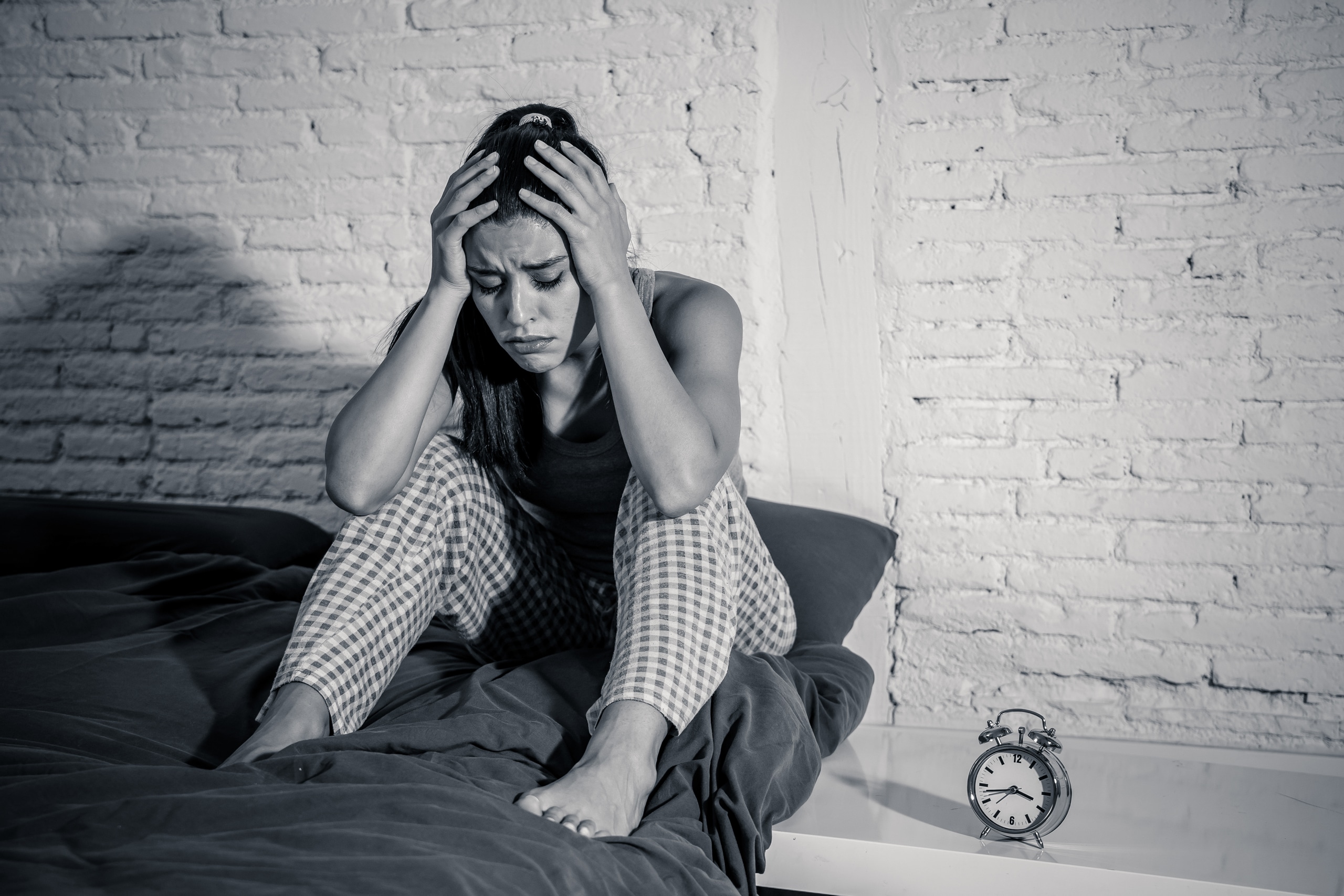Sleep disorders, also known as sleep-wake disorders, include problems with the amount of sleep, quality, and timing of sleep, which can result in distress during the daytime and impaired functioning. Sleep disorders often happen alongside other medical conditions or mental health conditions like anxiety, depression, or cognitive disorders. There are several kinds of sleep disorders that include parasomnias, obstructive sleep apnea, narcolepsy, and even restless leg syndrome. The most common sleep disorder is insomnia. Problems with sleep are linked to both emotional and physical problems. When it comes to mental health conditions, sleep disorders can contribute to, exacerbate, or be a symptom. According to an article posted by NIH:
It is estimated that 50 to 70 million Americans chronically suffer from a disorder of sleep and wakefulness, hindering daily functioning and adversely affecting health and longevity. There around 90 distinct sleep disorders; most are marked by one of these symptoms: excessive daytime sleepiness, difficulty initiating or maintaining sleep, and abnormal events occurring during sleep.
Sleep is something that is a basic human need and is very important to both mental and physical health. It is recommended that adults sleep anywhere between 7-9 hours per night, depending on the person.
Why Do You Have a Sleeping Disorder
There are many different possible reasons why a person struggles with a sleep disorder such as poor sleep and life habits, medical conditions, and mental health conditions. Some causes can be pretty minor and can improve with simple self-care while other reasons may require medical or psychological attention.
Many people may struggle with sleep disorders simply because they do not want to give up unhealthy lifestyle habits. Having an unhealthy sleep routine, eating food and drinks that contain a lot of sugar, a lot of caffeine, or drugs and alcohol can all contribute to sleep disorders for many different reasons. Screens like TV’s or phone use right before bed can also result in poor sleep.
Mental Health and Medical Causes for Sleep Problems
Mental health disorders are also a big cause of sleep disorders like insomnia. These mental health conditions can include depression, anxiety, bipolar disorders, and post-traumatic stress disorder to name a few. It may be a struggle because so many people go undiagnosed or do not know how to manage their symptoms. It is always best to consult with a doctor to discuss the best ways to manage your mental health condition so that you can also manage your associated sleep disorder.
Medical conditions or physical illness are another reason why some find it difficult to manage a sleep disorder. Nearly any condition that causes you physical pain can disrupt sleep by making it difficult to comfortably lie in bed or dwelling on the pain and causing stress. This can be a real problem for someone with a chronic illness as the pain may not be something they can sure, and so the sleep disorder seems unmanageable as a result.
Treatment Options for Sleeping Disorders
If you think that you may have a sleep disorder, it is best to visit a primary care physician, mental health professional, or a sleep clinic. Treatment options can vary depending on the cause but can include sleep medication, cognitive behavior therapy, and other at-home relaxation techniques you can do to improve your sleep. Restful sleep is just as important to your health as physical activity or a healthy diet. No matter the reason for the sleep disorder you are dealing with, it can affect a person both physically and mentally. It is best to stay o top of it so that it does not cause more harm to you. If you or a loved one suffer from a sleeping disorder contact Voices of Mental Health and we will help you.
Medically Reviewed: September 25, 2019

Cayla Clark, BA
Medical Reviewer
Chief Editor
All of the information on this page has been reviewed and verified by a certified addiction professional.



